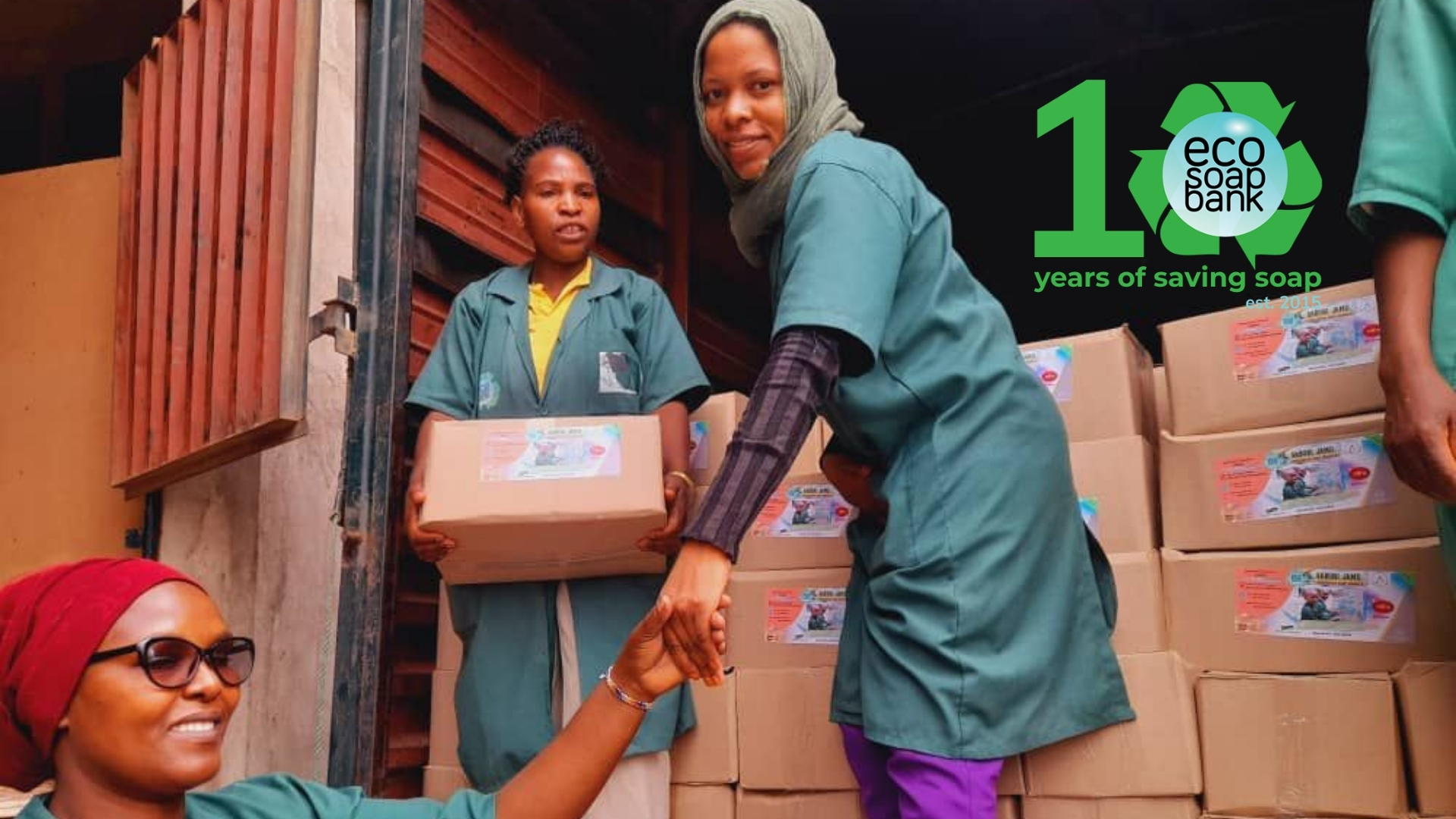
At Eco-Soap Bank, our work goes beyond rescuing, reprocessing, and redistributing soap. Working here means collaborating across cultures in Cambodia, Nepal, Tanzania, Sierra Leone, South Africa, and the United States. This diversity shapes how we operate and how I’ve grown in my role. Here’s how working with different cultures has guided my journey and our shared success.
Cambodia, where Eco-Soap Bank began, shows how tradition and innovation can work together. A strong sense of community informs how we partner locally. We use local customs and languages in daily operations, making our programs relevant and effective. My Cambodian colleagues have shown me what community spirit and resilience look like in practice.
Nepal’s many cultures add depth to our work. This diversity brings both challenges and opportunities. By learning local customs and tones, we’ve shaped training and communication to be inclusive and clear. Nepal taught me to slow down, listen, and adapt.
In Tanzania, community comes first. Our programs, especially those supporting women with skills and income, reflect that priority. We engage local leaders and design SOPs (Standard Operating Procedures) that fit how people live and work. The experience has grounded me in community-centric design.
Sierra Leone’s history of perseverance is instructive. Communities adapt quickly and work through challenges. We mirror that with flexible, responsive SOPs. Partnering with our team there reinforced the value of adaptability and respect for local norms.
As someone from South Africa, I’ve seen the country’s deep inequalities up close: wealth and poverty, strong schools and under-resourced ones, access and exclusion. Empathy and inclusion aren’t slogans; they’re necessary to build trust and useful solutions. Recognizing different needs has helped us design work that’s effective and respectful.
Working across cultures requires intention. We prioritize:
.jpg)